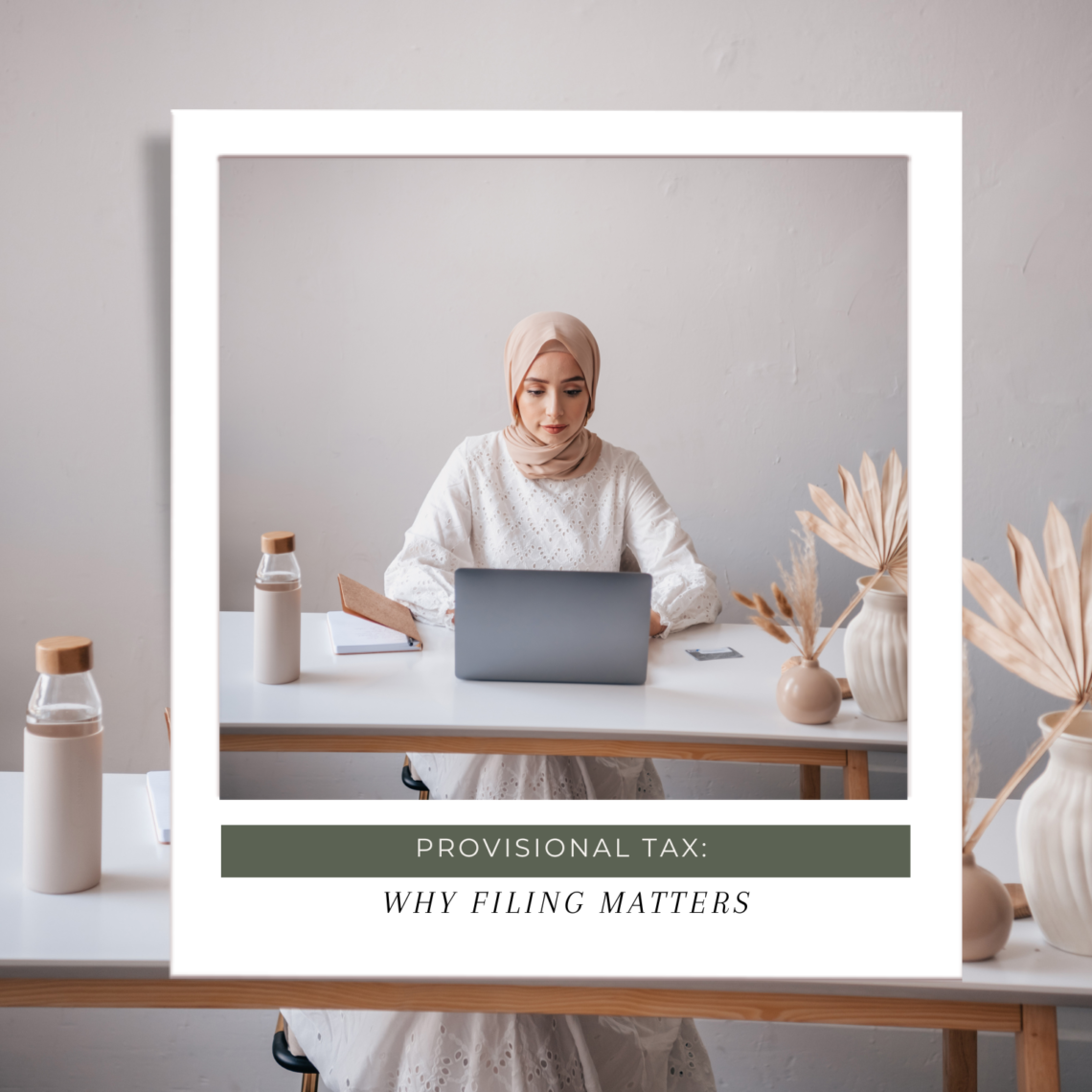As a multi-award-winning businesswoman, accountant, and a registered tax practitioner with SAIT, I am passionate about helping entrepreneurs thrive. On TBBK & P's blog, I share expert tax and accounting advice tailored for small business owners. As a certified Law of Attraction and Allowing Your Success coach, I guide entrepreneurs in aligning their business goals with their dreams. Follow me on social media for daily Law of Attraction tips, affirmations, and the health strategies I use to stay energized and focused on success.

No Comments